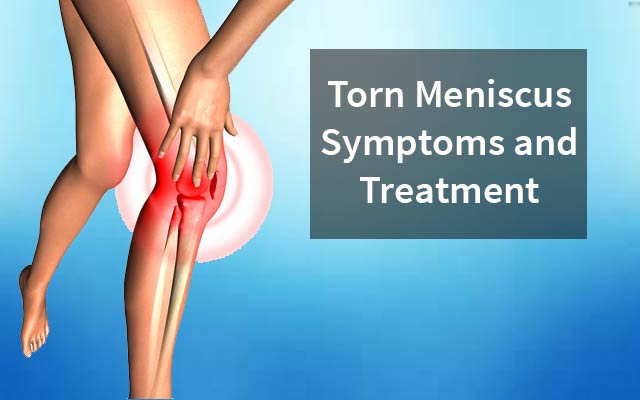
DAVE WATTS, MD
Orthopedic Surgeon
Torn Meniscus Symptoms and Treatment

There are different types of knee injuries. Torn meniscus tear is a painful condition and common in adult patients. Torn meniscus tear is one of the most commonly occurring injuries related to cartilage.
What is Torn Meniscus Tear?
The torn meniscus tear results from the tearing of the cartilage in the knee cushioning and stabilizing the joint. The primary role if this cartilage is to protect bones from potential wear and tear. A sudden snappy twist to the knee can cause a meniscus tear.
Some of the sporting activities including football, soccer, and volleyball can result in torn meniscus tear. The chances of developing torn meniscus tear are higher in people above 65 years of age.
Symptoms of Torn Meniscus Tear
Here are some symptoms you may feel in case of a torn meniscus tear.
- The tendency of the knee to get jammed at once place.
- Difficulty in moving the leg or bending of the knee.
- The popping sensation or sound in the knee.
- Swelling in the knee area.
- A sharp and sudden pain in the knee.
The pain of the meniscus tear worsens with the passage of time.
Diagnosis of Torn Meniscus Tear
Your doctor will carry out a diagnosis to evaluate the condition of the knee. The diagnosis may involve the use of X-rays, conducting MRI scans, and checking for a broken bone issues.
Treatment for Torn Meniscus Tear
The treatment for meniscus tear of the knee varies with the extent of the injury. Besides injuries, the doctor will also take into consideration other factors including activity level, injuries, and age of the patient. In some cases, the meniscus tear may also heal on its own. There is a good blood supply that can heal on its own.
Let us look at the commonly used methods of treating torn meniscus tear.
Apply Ice to Knee
The application of ice can help reduce inflammation and overcome pain. The doctor may recommend the patient to apply ice 3 – 4 minutes every 2 to 3 days. The patient needs to follow the advice of their physician.
Use Anti-Inflammation Medications
The doctor may prescribe the patient to use medications like Motrin, Advil, and Aleve. However, you must not take any pain killers on your own. Make sure you take them in the right dosage as per your orthopedic doctor’s advice.
Compress Your Knee
The use of an elastic band can help control knee swelling. The use of support can help keep your knee stable and overcome some of the pain due to movement.
Stretching Exercises
The doctor may ask the patient to indulge in daily stretching exercises. The use of stretching exercises as per doctor’s recommendation can help gradually overcome pain.
Avoid Certain Activities till Full Recovery
The type of activity depends on the kind of injury. The doctor may ask the patient not to indulge in physically exhaustive activities. Typical activities that the physician refrains their patients from doing include jumping and running.
Torn Meniscus Tear – Recovery Times
In most of the cases, conservative methods of treatments do help. However, if these methods fail to deliver results, the doctor may suggest torn meniscus tear surgery. A simple procedure is used where most of the patients can go home the same day. In the case of a repair surgery, the patients need to wear a knee brace.